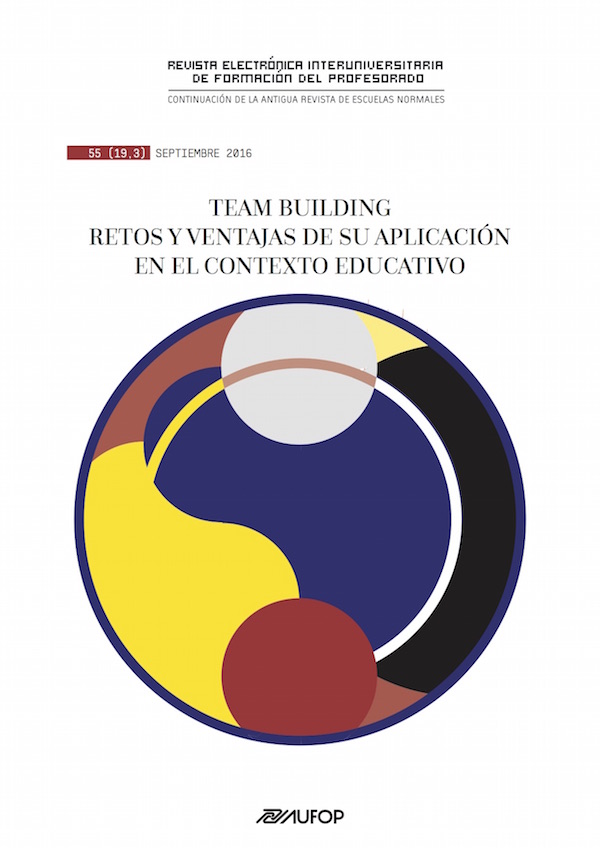The didactics of mental operations which intervene in the teaching-learning process
Abstract
In educational research, the continuous search to find the right way to tackle the teaching-learning process, has taught us how difficult it is to establish one of those approaches that might be successful and suitably enough, due to the amount of variables, categories, characteristics, and constructs which could result from education and, specifically, in the matter related to learning achievements. In this article, we present a proposal which have to be satisfactorily overarching in order to be considered in different areas, and in schooling fields and levels, but without losing sight of possibility, practicality, and peculiarity principles; these ones should always regulate an educational method when it is designed.
The main objective of this research is to analyze, to study, and to go any further into this issue of series of mental operations, which are present in the educational theory as well as in the educational practice. These processes are described and developed after two perspectives: the theoretical models which have studied these processes, especially on or after Educational Psychology, Philosophy of Education, and Cultural Studies, and as well as the operational models (teaching practice/teaching training) that can be implemented in terms of education.
Downloads
-
Abstract3953
-
PDF (Español (España))1718
Los artículos que se publican en esta revista están sujetos a los siguientes términos:
1. El Departamento de Métodos de Investigación y Diagnóstico en Educación de la Universidad de Murcia (España), junto con el Servicio de Publicaciones de la Universitdad de Murcia (Editum) son los editores de la revista REIFOP y conserva los derechos patrimoniales (copyright) de los artículos publicados, permitiendo la reutilización de las mismos bajo la licencia de uso indicada en el punto 2.
2. Las obras se publican en la edición electrónica de la revista bajo una licencia Creative Commons Reconocimiento-NoComercial-SinObraDerivada 3.0 España (texto legal). Se pueden copiar, usar, difundir, transmitir y exponer públicamente, siempre que: i) se cite la autoría y la fuente original de su publicación (revista, editores y URL de la obra); ii) no se usen para fines comerciales; iii) se mencione la existencia y especificaciones de esta licencia de uso.
3. Condiciones de auto-archivo. Se permite y se anima a los autores a difundir electrónicamente las versiones pre-print (versión antes de ser evaluada) y/o post-print (versión evaluada y aceptada para su publicación) de sus obras antes de su publicación, ya que favorece su circulación y difusión más temprana y con ello un posible aumento en su citación y alcance entre la comunidad académica. Color RoMEO: verde.















